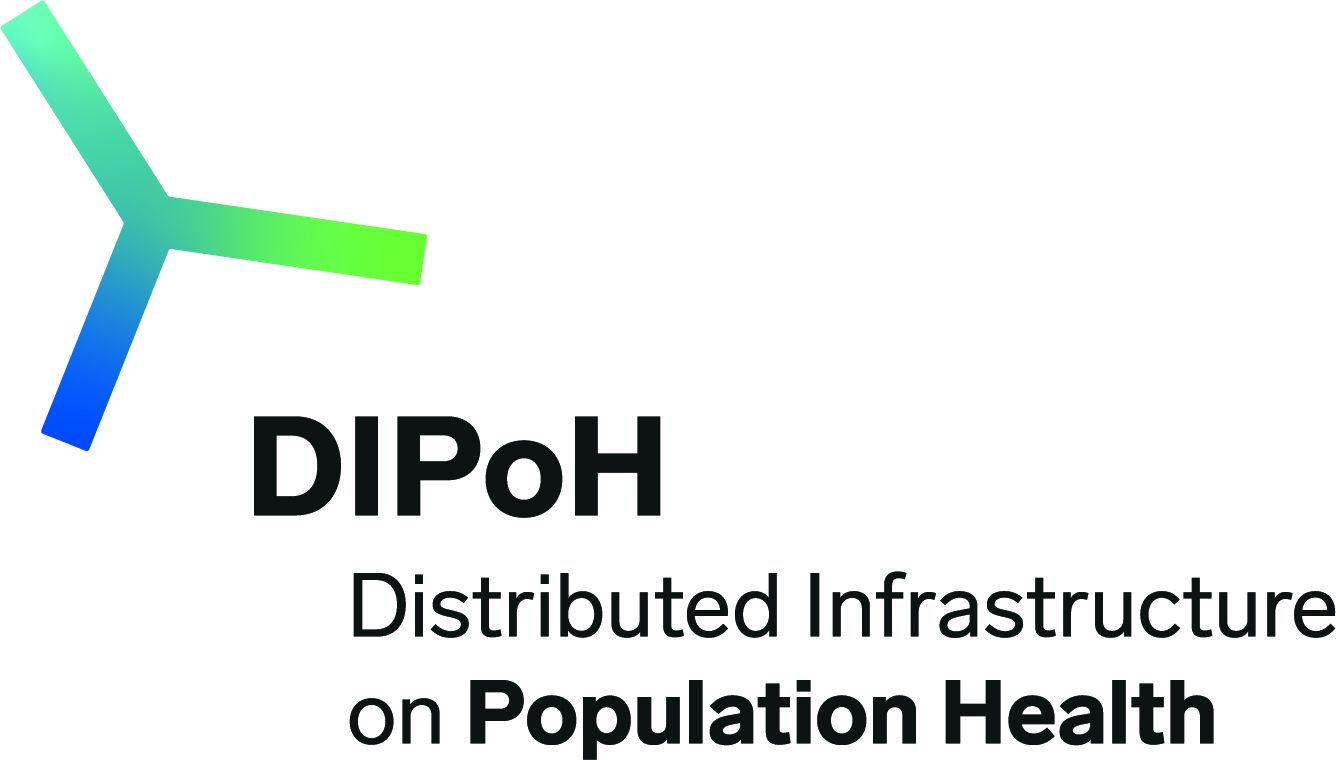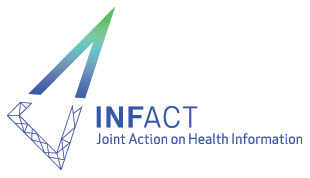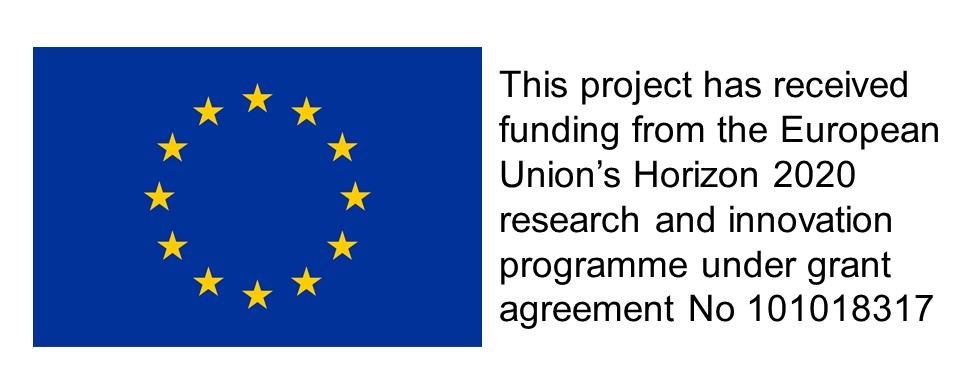Overview
The biological sample bank is a system that stores different types of biological material at low temperatures that can be used for future research, not planned at the beginning of the study, in the fields of biochemistry, molecular biochemistry and genetics. The population biobank of the Higher Institute of Health (ISS) is based on the collection of biological samples belonging to the general population, enrolled in epidemiological studies conducted between 1993 and 2019.
The biobank contains more than 290,000 samples collected from 40,000 donors of all ages, associated with individual data collected at the time of collection (lifestyles, risk factors, risk conditions, pathologies, environmental factors). All donors are followed over time for morbidity and mortality. As part of the CUORE Project, the cohorts related to the ISS population biobank are those of the studies: Matiss, Monica-Latina, Oec 1998-2002, Oec / Hes 2008-2012, Fine and Hes 2018-2019.
These studies are characterized by the collection and storage at the biobank of samples consisting of serum, plasma, buffy coat, red blood cells and 24-hour urine. Collection, storage and dispatch of these materials are carried out following standard methodologies, used in several international studies.
Biological samples are used exclusively for research purposes, with the donor's consent. The biological bank is managed in compliance with international ethical recommendations and guidelines and national laws.
Public funding
Demographics
Dataset
Access is based on a specific research request to be examined and approved.
Data sharing is bound to a scientific request approval.
Contact
Department of Cardiovascular, Endocrine-metabolic Diseases and Aging, Istituto Superiore di Sanità-ISS, Via Giano della Bella 34, 00161, Rome, Italy





